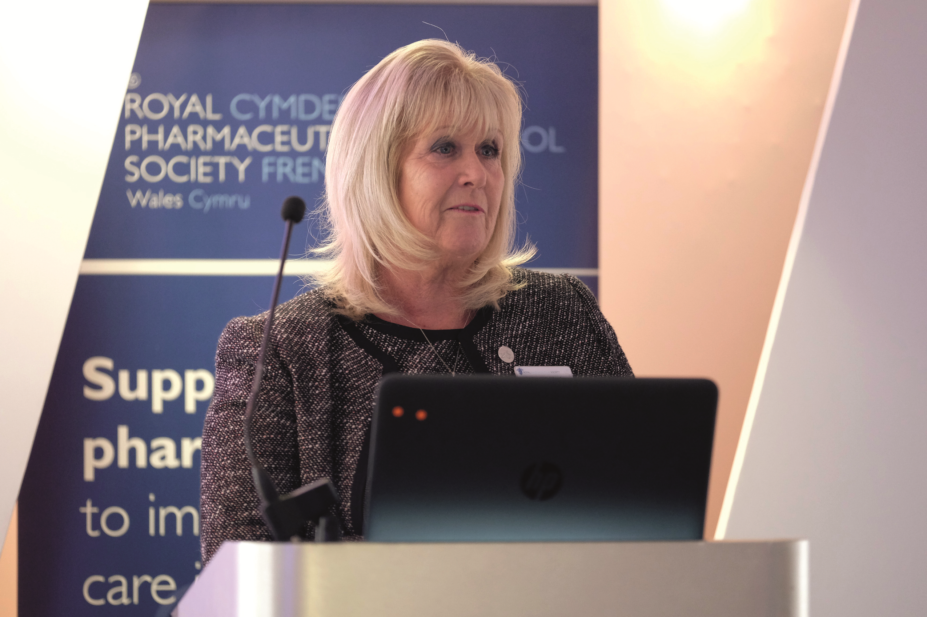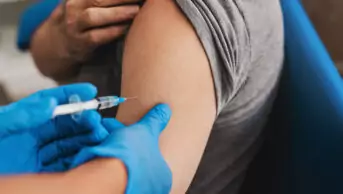
Nick Treharne
Primary care clusters in Wales must see a “major step-change” if they are to deliver the Welsh government’s ambitions for primary care, a new report from the Welsh Assembly’s Health, Social Care and Sport Committee says.
Primary care clusters — also known as GP clusters — are formed of local networks of GPs working with other healthcare professionals, including pharmacists, some of whom have taken up posts within GP surgeries. Clusters were intended to increase access to care services and reduce pressure on GPs. The concept was first proposed seven years ago, and today there are 64 primary care clusters across Wales, each serving between 30,000 and 50,000 patients.
Between 2 December 2016 and 3 February 2017 the Welsh Assembly’s Health, Social Care and Sport Committee held a public consultation into how well clusters were delivering on their objectives. The Royal Pharmaceutical Society (RPS) in Wales provided written and verbal evidence to the inquiry, the results of which were published on 13 October 2017.
In the report, Dai Lloyd Assemby Member, chair of the Health, Social Care and Sport Committee, says that clusters “have a long way to go” before they can serve local communities in the way the government hoped. Lloyd described hearing “clear concerns from some professional groups that they are not being included in cluster work as much as they should be”.
Community Pharmacy Wales, in its written submission, had said that it found it “disappointing and somewhat perplexing that local community pharmacists and other members of the pharmacy team find themselves unable to contribute to the local cluster agenda”.
Mair Davies, RPS director for Wales, emphasised the need for “multi-professional involvement in both strategic and financial decision-making”, the committee stated in the report.
The report also flags “significant concerns” from pharmacy bodies, including the RPS, about pharmacy workforce issues in clusters. Evidence heard by the committee suggested “a danger of insufficient number of available pharmacists being spread too thinly across GP practices, with most of the 100 working in clusters being drawn from secondary care”.

Source: Nick Treharne
Vaughan Gething, Welsh Cabinet Secretary for Health, Wellbeing and Sport, described how over a three-month period pharmacists had replaced 1,842 hours of GP time
It was also suggested that cluster investment was being targeted at recruiting additional pharmacists without first identifying capacity among existing pharmacists.
The report speaks of “limited evidence” that additional healthcare posts within GP practices — including pharmacists, specialist nurses, and primary care counsellors — reduces GP workload, although several items of evidence presented to the committee point to the advantage of such roles. A case study presented by Vaughan Gething, Cabinet Secretary for Health, Wellbeing and Sport, described how, over a three-month period in Aneurin Bevan University Health Board, pharmacists had replaced 1842 hours of GP time.
The committee’s report makes 16 recommendations for the future of primary care clusters, the first calling for a “refreshed model” that “restates a clearly defined vision”. The committee also asks that the Welsh government “action a national campaign aimed at patients which supports and promotes the primary care cluster model”.
Responding to the report, Davies said RPS Wales was “pleased that our concerns over professional issues of indemnity for pharmacists directly employed by GPs and the parameters of clinical practice for new GP practice roles have been taken on board in the committee’s final report”.
Davies also said that RPS Wales “fully supports the overall conclusions of the committee that a step-change is now needed to accelerate the appropriate development of clusters.
“The multidisciplinary cluster model must be strengthened and galvanised across Wales so that pharmacists and other health professionals can fully utilise their unique skills to support patients and to contribute to whole system solutions across the NHS,” she said.
The Health, Social Care and Sport Committee’s report is available in full at: http://www.assembly.wales/laid%20documents/cr-ld11226/cr-ld11226-e.pdf


